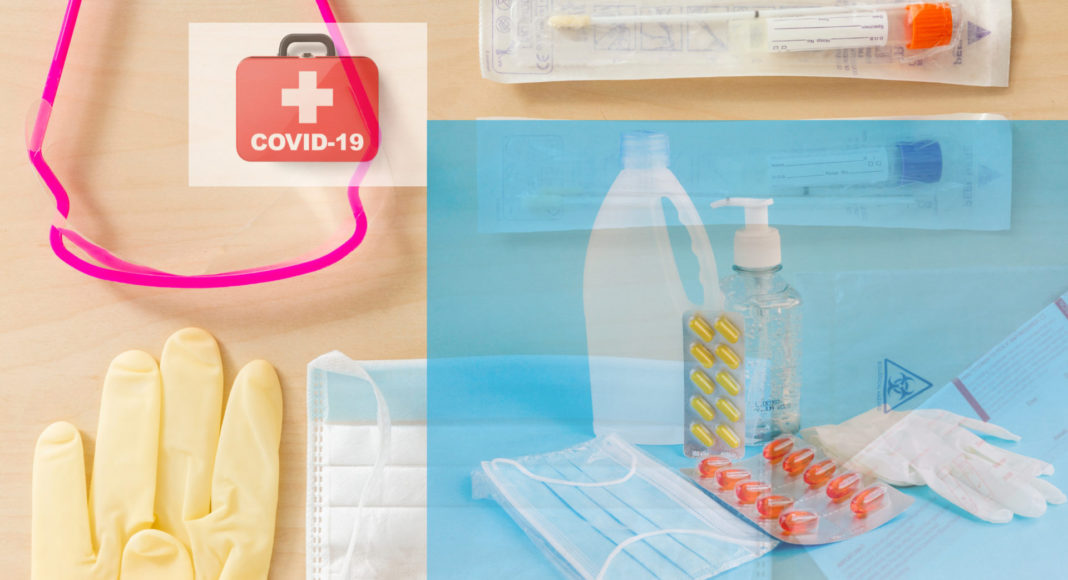With the rapid surge in Omicron cases, Australians should be prepared in case they test positive for COVID-19.
If you have symptoms you should visit your nearest testing clinic as soon as possible.
Many people who contract COVID will experience mild symptoms and feel better in 3-4 days. While a small portion of people may feel quite unwell for 7-14 days.
Here’s a list of severe symptoms that need urgent medical attention:
- difficulty breathing
- an oxygen level of less than 92% when tested with a pulse oximeter
- blue lips or face
- pain or pressure in the chest
- cold and clammy, or pale and mottled, skin
- fainting or collapsing
- being confused
- becoming difficult to wake up
- little or no urine output
- coughing up blood.
If you have no symptoms you should take a rapid antigen test at home.
If you test positive for COVID-19 you must immediately isolate and make a list of close contacts.
Someone is a close contact if they:
- live in the same house as someone who tests positive
- spent 4 hours or longer with someone in a home, or health or aged care environment
- are determined as one by your state or territory health department.
Isolation means staying at home.
- Do not attend work or school, visit public areas, or travel on public transport, in taxis or ride-share services.
- You should stay separated from other people in your house. Stay in a separate, well-ventilated room away from other people.
- If you have an appointment you cannot miss – such as a visit to a doctor, family violence service or police – you must tell them that you have COVID-19.
While in isolation, try to get plenty of rest, drink lots of water and eat well.
Here is a list of items to include in your COVID-19 ready kit:
- paracetamol or ibuprofen
- electrolyte powder or solution
- disposable gloves for handling dishes may provide an extra layer of protection
- tissues
- masks
- cleaning products
- Rapid Antigen Kits
- a list of key helplines and resources – such as the National Coronavirus Helpline on 1800 020 080, mental health services, and your states or territory’s helplines.
According to the Australian government, being fully vaccinated against COVID-19 reduces your risk of severe illness, hospitalisation and death.
Learn more at: https://www.health.gov.au/health-alerts/covid-19/testing-positive




